The possibility of a climate emergency declaration has stoked heated debate. Steve Forbes, the 76-year-old chairman and editor-in-chief of Forbes Media, warns such a move would “wreck” the U.S. economy. His biting criticism comes as rumors resurface that President Biden’s team has resumed talks about invoking federal powers to halt oil development.
But would declaring a national climate emergency spell economic disaster? Forbes argues Americans will face higher energy bills, like in Germany, where electricity costs are two to three times more than in the U.S.
Steve Forbes Warns Against Declaring Climate Emergency
If the Biden administration declares a national climate emergency, Forbes believes it would have devastating consequences for the U.S. economy.

According to Forbes, such a move would increase energy prices and cost Americans more.
Higher Energy Prices
Forbes points to Germany as an example, saying their heavy reliance on renewable energy has led to two to three times higher electricity costs than in the U.S.
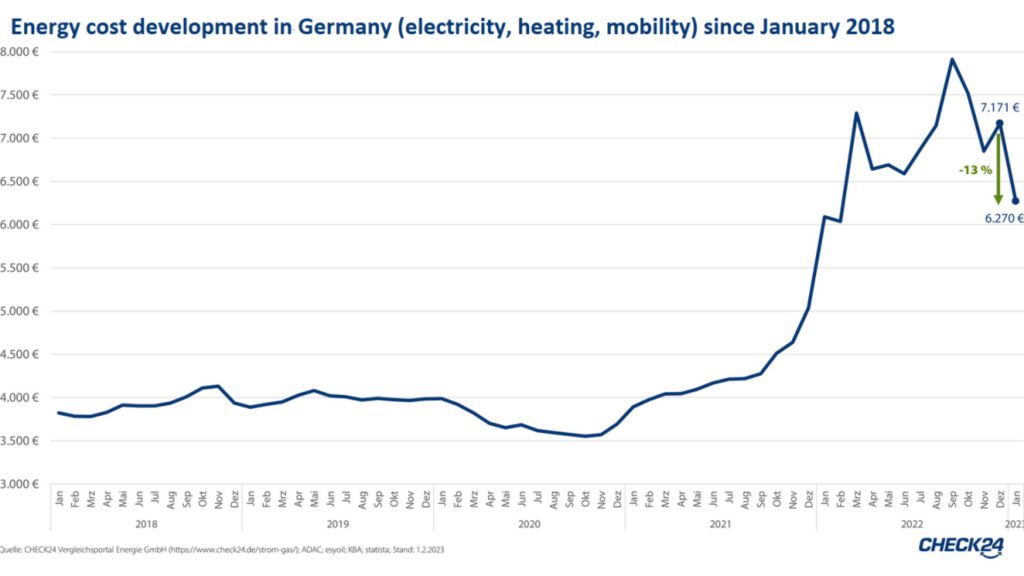
If the U.S. follows suit by forcing the nation off fossil fuels, Forbes expects Americans would face significantly higher utility bills.
Biden’s Administration Accused of Contradictory Policies
While the Biden administration rejected approval of the Ambler Access Project in Alaska to curb mining and drilling, Forbes sees this as contradictory when critical minerals are essential for technologies like solar panels and wind turbines.
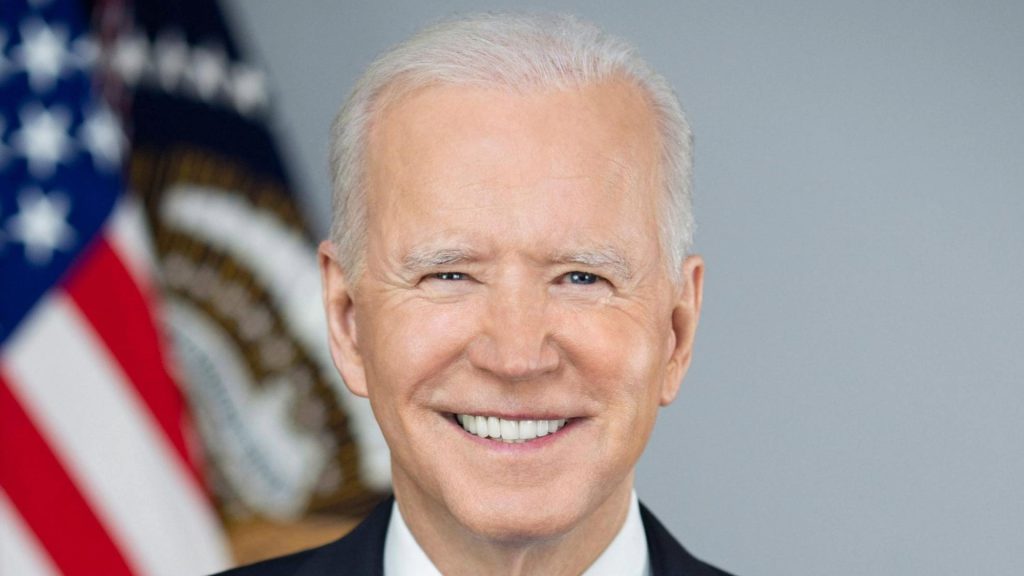
He accuses the administration of “throwing all sensible policies away” to win over young voters concerned about climate change.
Questionable Motivations
Forbes believes declaring a climate emergency is a political tactic to gain favor with climate-conscious voters, especially younger Americans who support aggressive action on climate change.
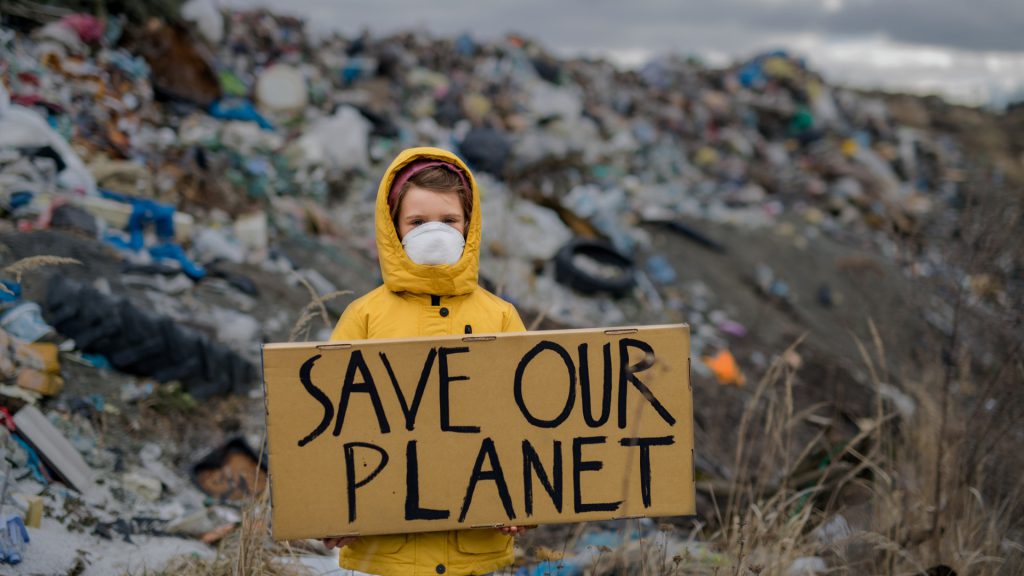
However, Forbes thinks these voters will see through what he calls “verbiage that will end up doing them harm.”
Economic Troubles Ahead
Forbes sees trouble ahead for the U.S. economy if a national climate emergency leads to policies curbing fossil fuels.

While the Biden administration aims to build a clean energy future with good-paying jobs, Forbes expects the outcome would be a “wrecked” economy with higher costs for both businesses and households.
An Attempt to Balance Voter Opinions
The Biden administration appears caught between voters demanding climate action and those focused on economic issues.

An emergency declaration could be an attempt to balance these views, signaling Biden takes climate change seriously while avoiding moves seen as directly anti-business, like banning fossil fuels or mining.
Rumors Swirl That Biden Could Invoke Climate Emergency Powers
The Biden administration has not confirmed or denied rumors that they are considering declaring a national climate emergency.
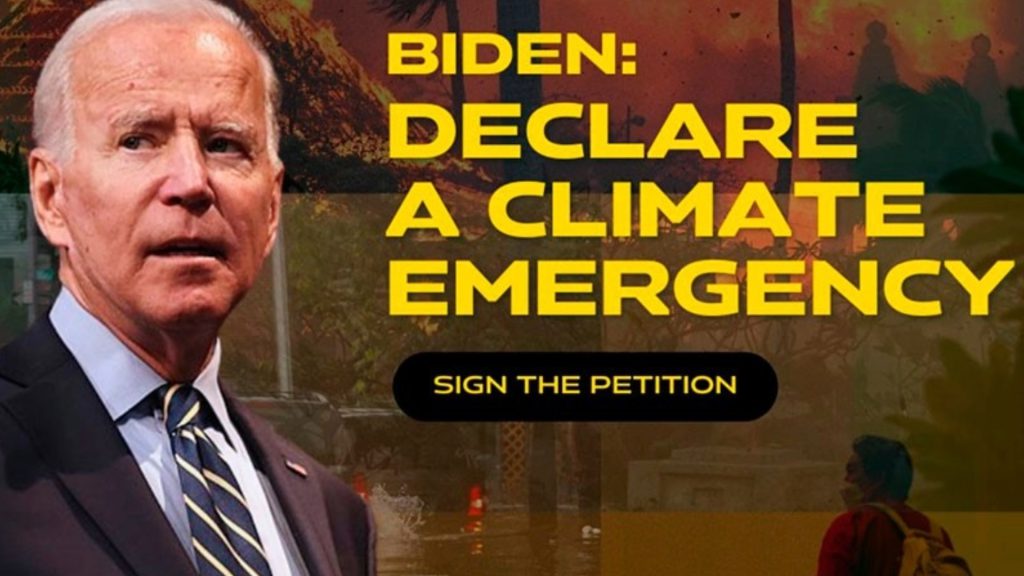
However, top White House advisors believe such a move could garner favor with younger, climate-focused voters ahead of the 2024 election.
A Bold Syep Toward Tacking The Climate Crisis
Those favoring an emergency declaration think it could be a bold step toward tackling the climate crisis. Aru Shiney-Ajay, executive director of the youth-led Sunrise Movement, said Biden needs to take forceful action on climate change to win young voters.
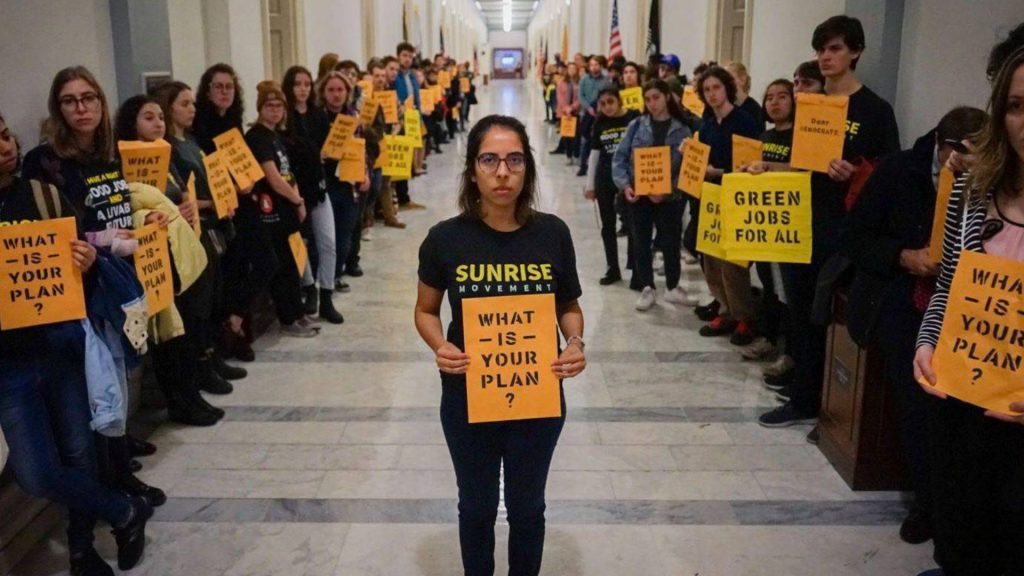
However, Forbes accused the administration of “throwing all sensible policies away” to try and win the election.
Forbes Criticizes Potential Ban on Oil Drilling and Exports
According to Forbes, looking at Germany’s energy policies and costs shows the potential economic impact of limiting fossil fuels.

German households pay two to three times more for electricity compared to the U.S. due to Germany’s push for renewable energy and reduction in coal and nuclear power.
Germany’s High Electricity Costs Held Up as Cautionary Tale
Germany’s high electricity costs are frequently cited as a warning against transitioning too quickly from fossil fuels to renewable energy.
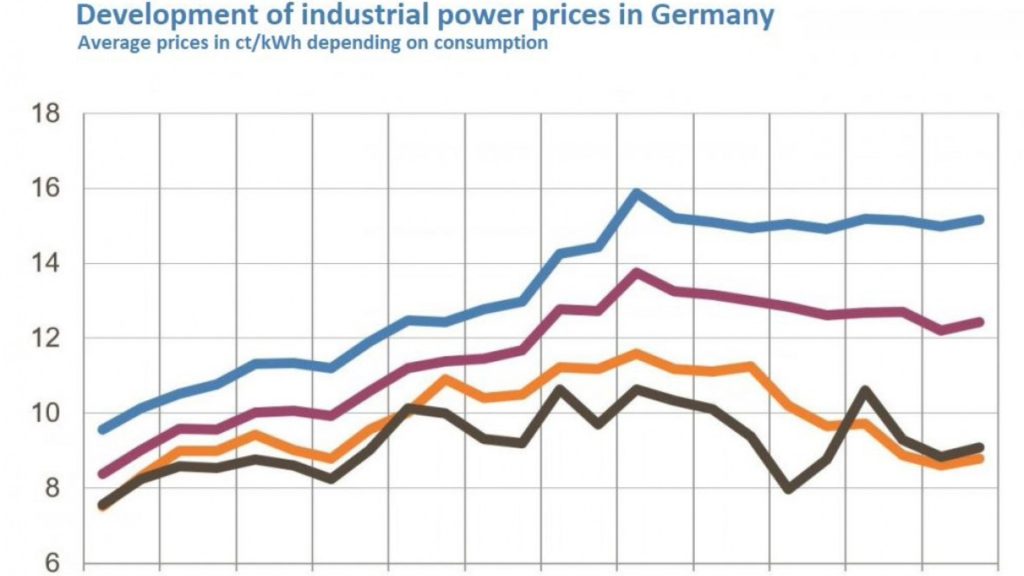
Critics argue that forcing the U.S. off oil and gas would lead to skyrocketing energy bills for Americans, pointing to Germany as an example.
High Cost of Energy Transition
Germany has invested heavily in solar and wind power over the past two decades as part of its Energiewende, or energy transition, to shift to 80% renewable energy by 2050.
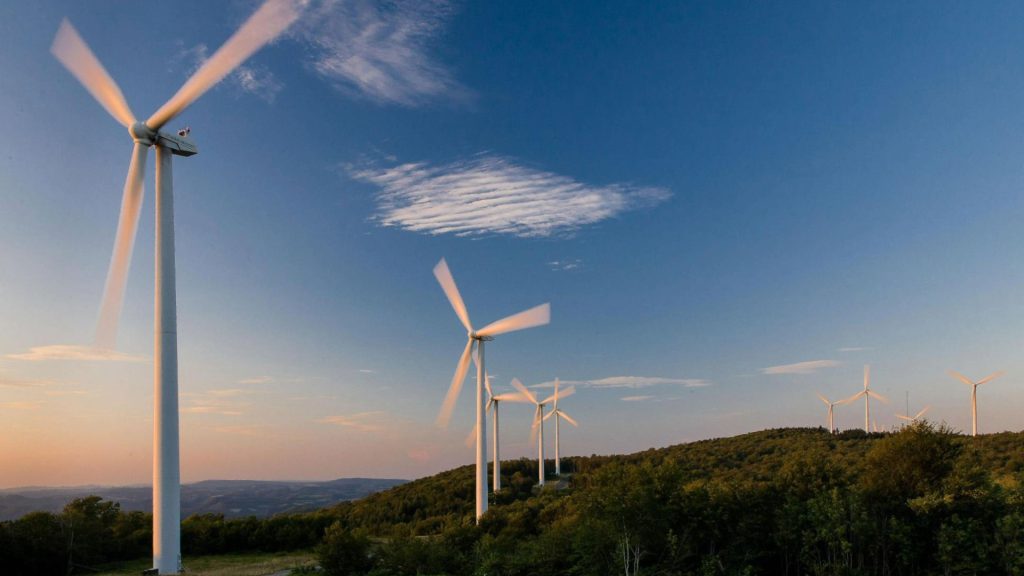
However, the country still relies on coal for about a quarter of its electricity and natural gas for around 15%. The higher costs are largely due to government subsidies for renewable energy production and the inefficiency of solar and wind power.
Contradictions Seen in Blocking Alaska Mine While Pushing Green Agenda
There seem to be contradictions in the Biden administration’s climate agenda by denying approval for the Ambler Access Project (AAP) in Alaska last week. The AAP aimed to develop copper and other critical minerals that Forbes believes are essential for technology and renewable energy infrastructure.
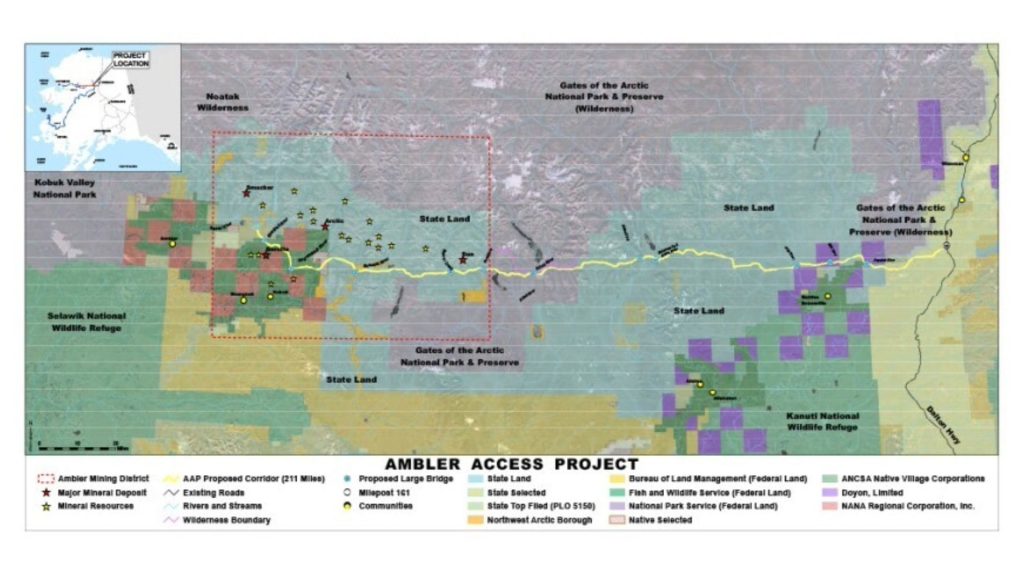
Forbes called out these contradictions and accused the administration of “throwing all sensible policies away” to try and win over younger voters concerned about climate change.
A Need To Mine To Sustain Green Energy
While the administration rejected the AAP to protect the environment, their green policies require more mining to supply materials for solar panels, wind turbines and electric vehicles.

Copper, nickel, cobalt and rare earth elements are needed to manufacture the technologies that would help the U.S. transition from fossil fuels. By blocking domestic mining projects, the country becomes more dependent on foreign suppliers like China to meet demand for these strategic minerals.
Climate Policies are Complex
While the economic impacts of climate policies are complex with many trade-offs to consider, most experts agree that failing to curb emissions would have severe consequences that threaten prosperity.

As the effects of climate change intensify, governments and businesses worldwide are taking action. However, views differ on the best path to address this urgent problem.






